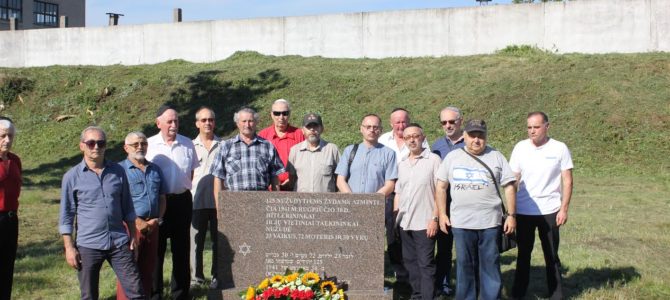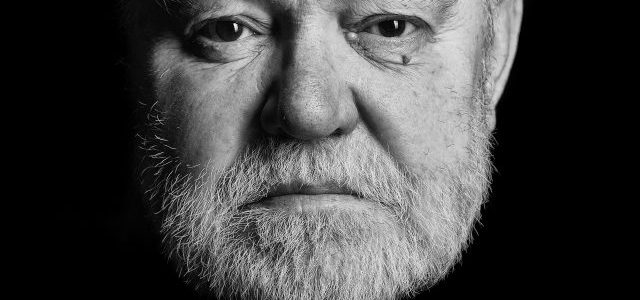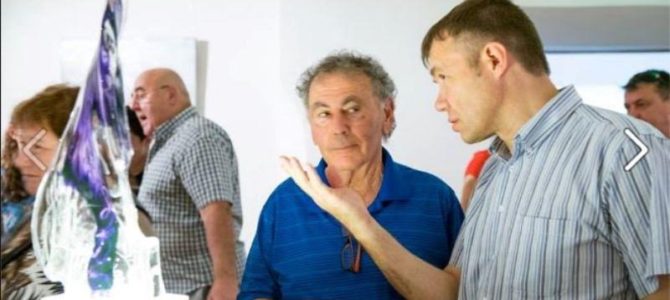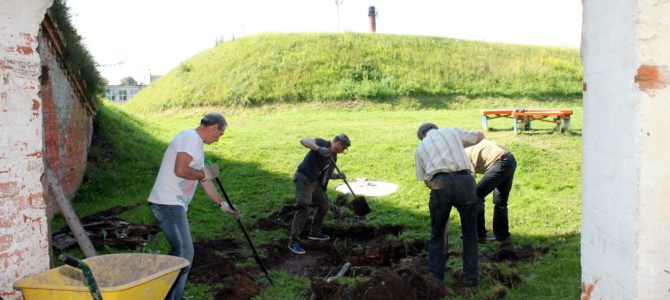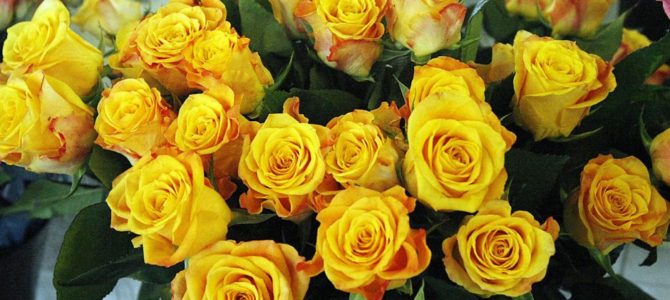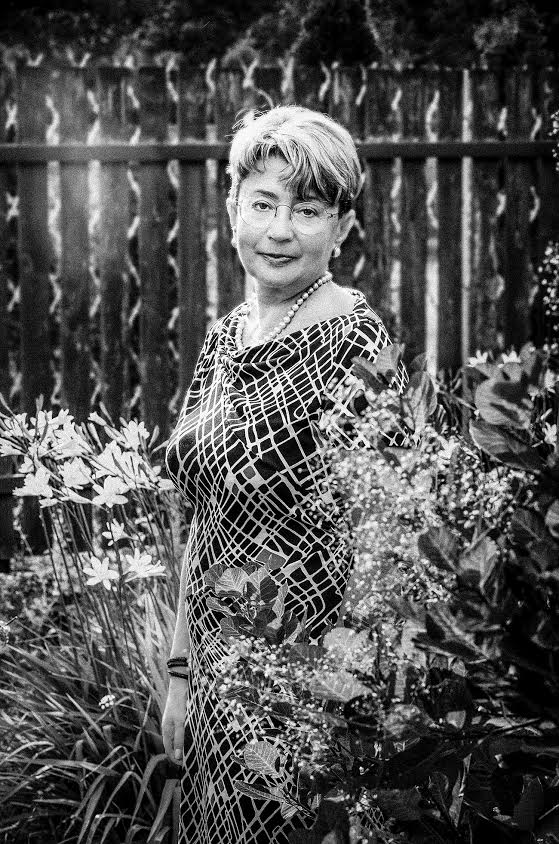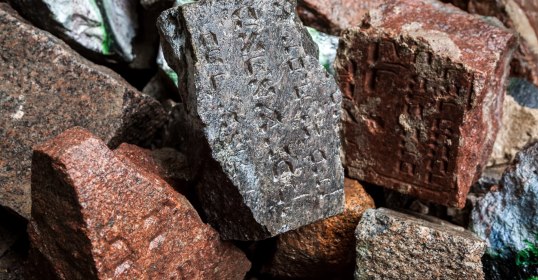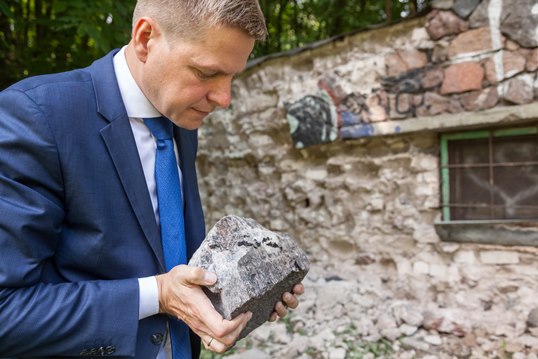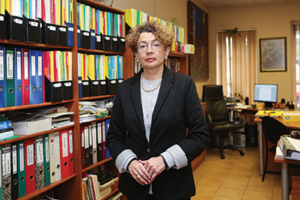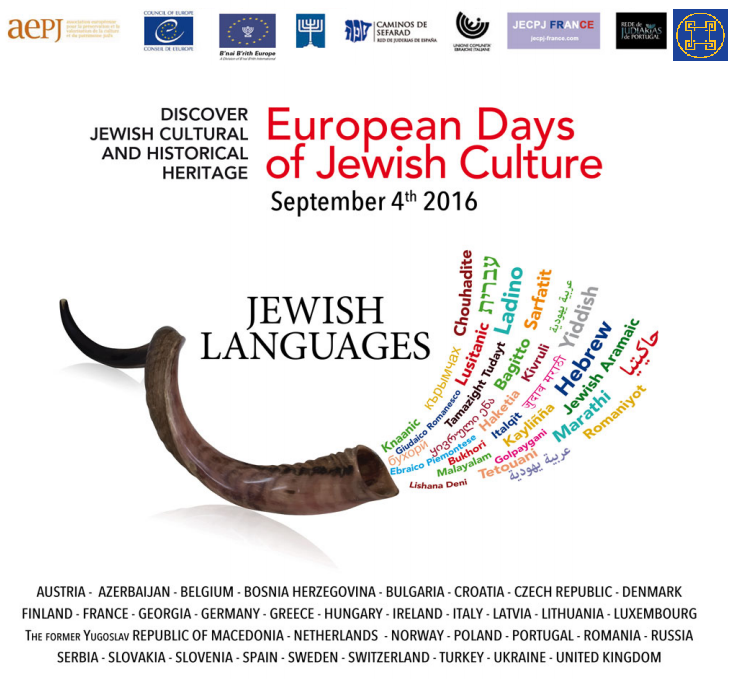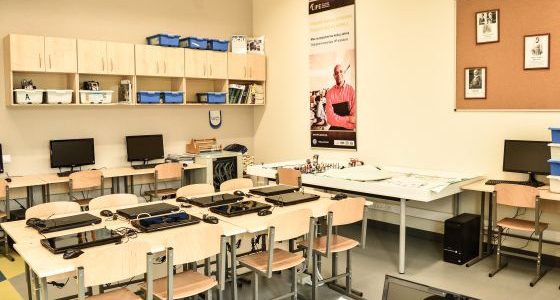
A classroom at Sholem Aleichem Gymnasium
Lithuanian Jewish Community chairwoman Faina Kukliansky sends greetings to all the children of our members in school, from first grade to university students, and to all their parents on September 1, the official start of the school year throughout Lithuania. Whatever your age, we all get nervous on this day, we remember our childhoods, we smile and we grimace and we wish one another success in our studies.
I especially congratulate all the students of the Vilnius Sholem Aleichem ORT Gymnasium and their parents, because you have selected to study at one of the best schools in Vilnius, the Jewish gymnasium run by principal Miša Jakobas, who has brought most highly-qualified teachers who love their profession and children together to staff the school. The school is doing well in its new building with modern classrooms and an atmosphere conducive to learning.
Another piece of good news for the school is that negotiations are under way with the Vilnius municipality for improvements there. Mayor Remigijus Šimašius responded quickly to a request by the school principal and me to improve athletics for students by covering the square used for sports there, since the school doesn’t have an indoors gym.
Today I am also happy about a new law which allows students to get credit for public service. High school students will receive extra points for volunteer activity on their university entrance exams. I am hoping this will encourage you, dear students, to do volunteer work at the Lithuanian Jewish Community. Those entering institutions of higher education in 2018 will receive additional credit for graduation work and volunteering.
I wish all of you to experience the joy of learning which imparts an appetite for knowledge, and not to be discouraged by failures along the way.
I wish you an interesting school year!


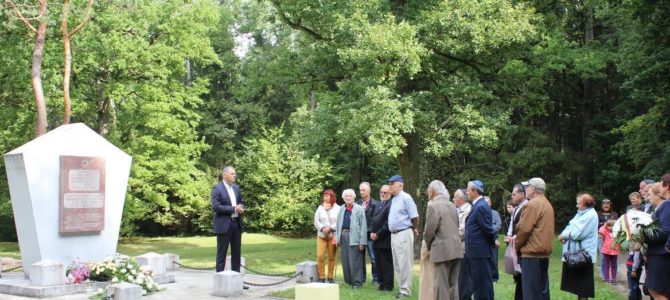
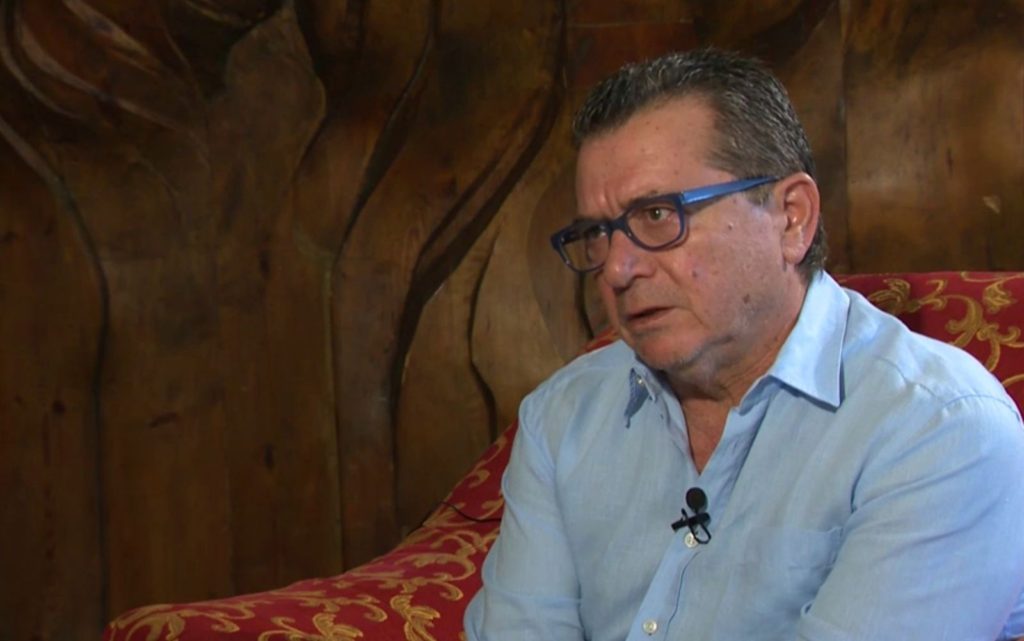 by Karolis Kaupinis, Lithuanian Radio and Television show Savaitė, from 15min.lt
by Karolis Kaupinis, Lithuanian Radio and Television show Savaitė, from 15min.lt